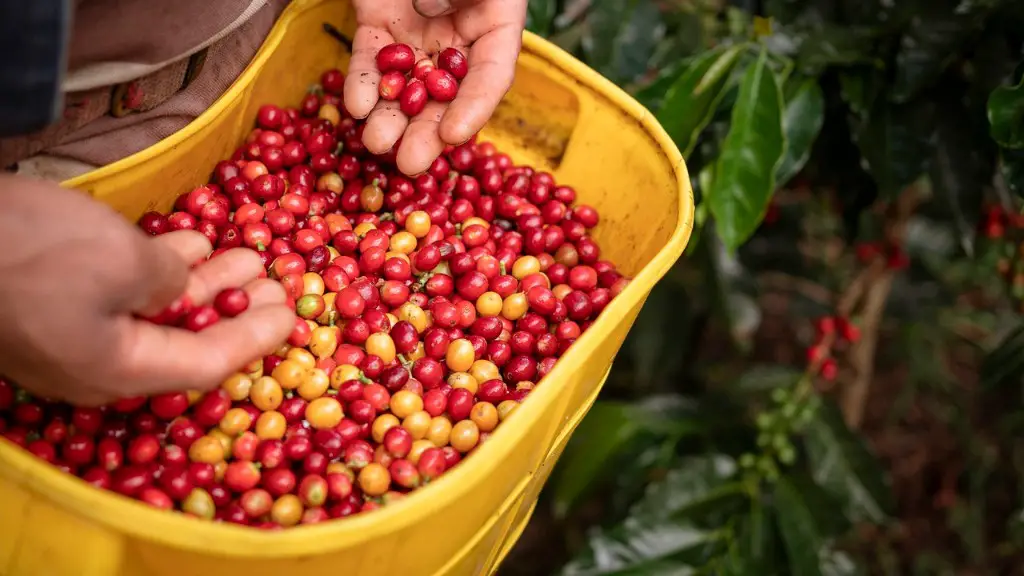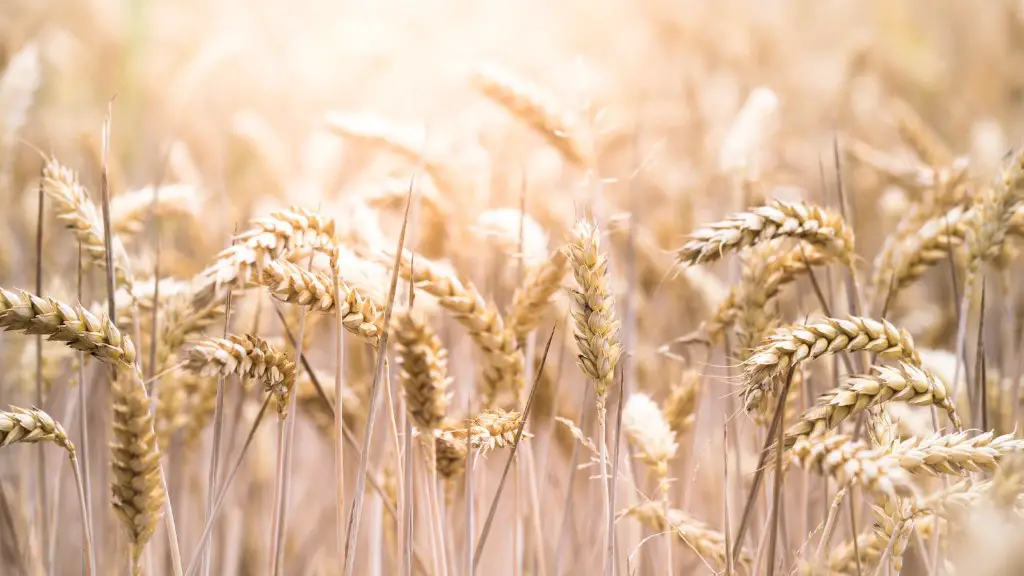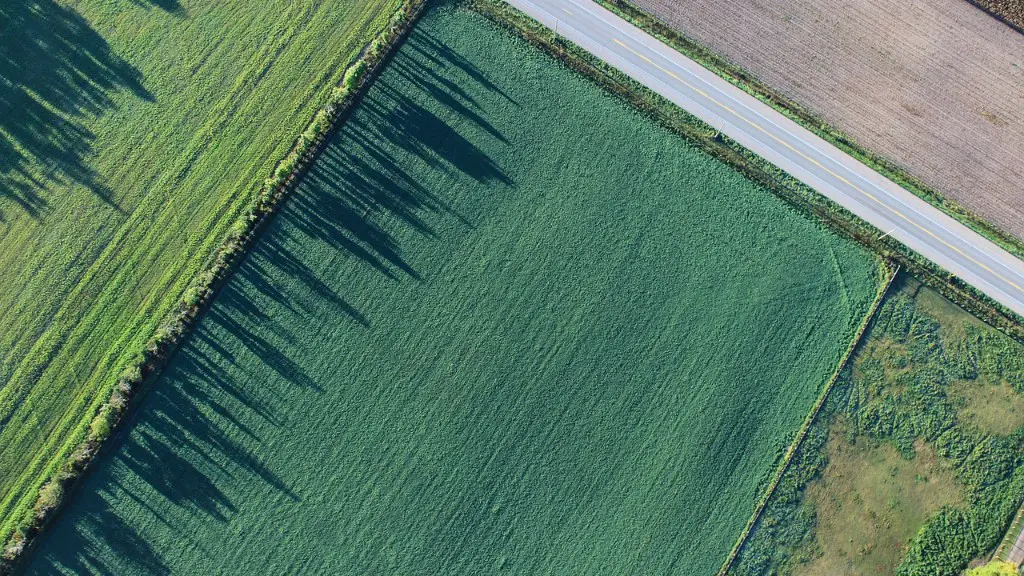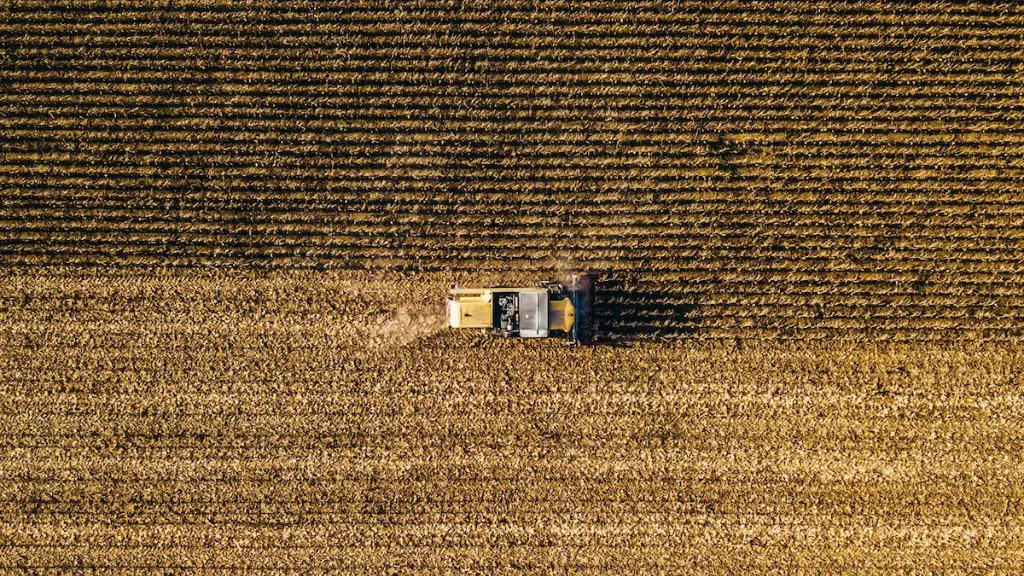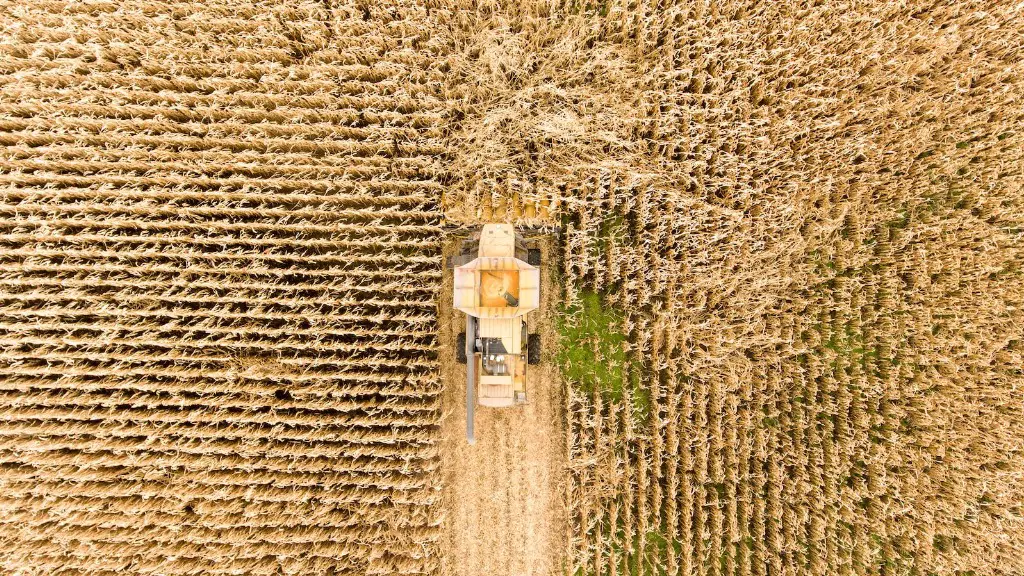The food we eat comes from agricultural production, so it is inevitable that agricultural production will have some effect on human health. The health effects of agriculture vary depending on the particular production system, but they can broadly be grouped into three categories: effects on the food itself, effects on the agricultural workers, and effects on the environment.
Agriculture affects human health in a few ways. The first way is through the food we eat. The food we eat is grown on farms and is full of nutrients that our bodies need to stay healthy. The second way is through the water we drink. The water we drink comes from rivers and lakes, which are affected by the fertilizers and pesticides used on crops. The third way is through the air we breathe. The air we breathe is full of pesticides and other chemicals that come from farms. These chemicals can cause a variety of health problems, including respiratory problems and cancer.
How does agriculture impact human health?
Agriculture workers are exposed to a variety of respiratory hazards, including dusts, molds, gases, and fumes. These exposures can lead to a number of respiratory illnesses, including asthma, bronchitis, and chronic obstructive pulmonary disease (COPD).
To help reduce the risk of respiratory illness, it is important for workers to be aware of the potential hazards and to take steps to protect themselves. This may include wearing appropriate personal protective equipment, such as masks or respirators, and ensuring that work areas are well ventilated.
Agriculture has a huge impact on the environment, both positive and negative. It can lead to soil erosion, water pollution, contribute to climate change, and deforestation. However, it can also lead to the rehabilitation of degraded ecosystems, the promotion of sustainable land management practices, and the conservation of biodiversity.
How did agriculture change the human body
The study found that hunter-gatherers had healthier teeth and jaws than farmers, likely because they had to chew tougher food and didn’t have as much time to eat. This led to dental issues like malocclusion, or dental crowding, in farmers.
While the development of agriculture can have positive effects on the environment, such as increasing oxygen production and improving climate, it can also cause negative effects, such as inorganic nitrate pollution, pesticide pollution, and salinity problems. These problems are especially prevalent in regions where agriculture is intensive.
What is the biggest problem in agriculture?
Climate change, soil erosion, and biodiversity loss are some of the problems farmers face. They must also satisfy consumers’ changing tastes and expectations, invest in farm productivity, and adopt and learn new technologies. Global economic factors can also impact farmers negatively.
The loss of agricultural land and the decrease in the varieties of crops and livestock produced are two of the most major problems in agriculture. These problems are caused by a number of factors, including urbanization, deforestation, and climate change. As a result of these problems, farmers are losing their livelihoods, and the world is losing its food security.
What is the most common problem in agriculture?
The major problems faced by Pakistani agriculture are unemployment, waterlogging in wetland areas, salinity in arid and semi-arid areas, acidity in high rainfall areas, pests (like weeds, diseases, and insects), and erratic rainfall distribution. In addition, the country’s agriculture highly depends on rain-fed.
There is strong evidence that inflammation-based diseases are linked to poor diet and lifestyle choices. Conversely, consuming a diversity of whole foods and following a culturally appropriate diet can lead to decreased rates of inflammation and improved overall health. Therefore, it is important to make healthy food choices and to be mindful of one’s cultural dietary preferences in order to maintain good health.
How did agriculture bring diseases
The agricultural revolution had a profound impact on human diet and nutrition. People began to rely heavily on one or two crops, so their diets were often lacking in protein, minerals, and vitamins. People began living in larger groups and staying in the same place, so there was more opportunity for transmission of diseases.
The rise of agriculture heralded a new era in human history, but it also brought with it some negative consequences for human health. Skeletal analysis of early agricultural communities suggests that the transition to agriculture had an overall negative impact on human oral health, increased the incidence of infectious disease and nutritional deficiencies, and contributed to an overall reduction in human stature. While the benefits of agriculture eventually outweighed these negative impacts, it is important to acknowledge the costs that were incurred along the way.
What are four agricultural negatives?
The large-scale, conventional farming system has been the dominant model of agriculture for many years. This system is focused on intensive single crop production, mechanization, and relies heavily on fossil fuels, pesticides, antibiotics, and synthetic fertilizers. While this system can yield high production levels, it also contributes to climate change, pollutes air and water, and depletes soil fertility. These negative impacts have led many people to seek out alternative farming methods that are more sustainable and environmentally friendly.
If you are considering relocating to Canada, there are a few things to keep in mind. First, Canada is behind in modernization and mechanization, which can make life difficult. Second, illiteracy and ignorance are common, so you will need to be prepared to deal with these issues. Third, lack of funds is a major problem, so you will need to be very careful with your finances.Fourth, the infrastructure and social amenities are not up to par, so you will need to be prepared for a less comfortable lifestyle. Finally, the loss of land to natural disaster is a real concern, so you will need to be sure you are prepared for this possibility.
Why is agriculture the biggest mistake
Farming allowed for the domestication of plants and animals, which led to the establishment of settlements and, eventually, civilizations. However, this also led to the rise of deep class divisions between those who controlled the food supply and those who did not. The control of food allowed for the rise of elites and the exploitation of the majority of people, who were forced to work in order to survive. This led to many of the problems we see in the world today, such as poverty, hunger, and disease.
The lack of availability of water for irrigation is a major problem for farmers in India. Most of the farmers have small holdings which are uneconomical. The high yielding variety of seeds, chemical fertilizers, insecticides, pesticides etc are expensive and our farmers find it difficult to purchase these.
What will happen if farmers stop their work?
If farmers stop cultivation, people will not get for their survival The production of wheat, rice, maize and other crops will be stopped as a result, animals and humans will die because of starvation.
The high cost of fuel severely impacted farmers and ranchers, especially as they navigated the fall harvest season. The cost of fertilizer increased by more than 60% from 2021 to 2022. This put immense pressure on farmers and ranchers who were already struggling to keep up with the rising costs of operation. While the prices of some goods and services have begun to stabilize, the cost of inputs remains a major concern for the agricultural industry.
What diseases can you get from farming
There are a number of diseases that are commonly associated with farm animals. These include anthrax, brucellosis, campylobacteriosis, contagious ecthyma, cryptosporidiosis, E. coli, influenza, and leptospirosis. These diseases can pose a serious threat to both human and animal health, and it is important to be aware of them if you are working with or around farm animals.
It is interesting to note that humans lost inches in height when they switched from hunting and foraging to farming. This is likely due to the fact that farming led to malnourishment, as there was not as much variety in the diet and not as many nutrients available. Additionally, the work required to farm was much more physically demanding than hunting and foraging, which also contributed to the loss in height.
Conclusion
The health of humans is greatly affected by agriculture. The food we eat comes from agricultural sources, so the quality of our food is directly linked to the quality of the agricultural products. Additionally, the use of pesticides and other chemicals in agriculture can have harmful effects on human health if they are not used properly. Finally, agricultural workers are often exposed to hazardous conditions that can lead to health problems.
Though agriculture provides many benefits to society, it can also have negative effects on human health. Pesticides and other chemicals used in agriculture can contaminate water and soil, which can lead to health problems for people who are exposed to them. In addition, agriculture can contribute to air pollution and the spread of diseases. However, there are many ways to mitigate these negative effects, and with proper care, agriculture can be a major force for good in the world.

